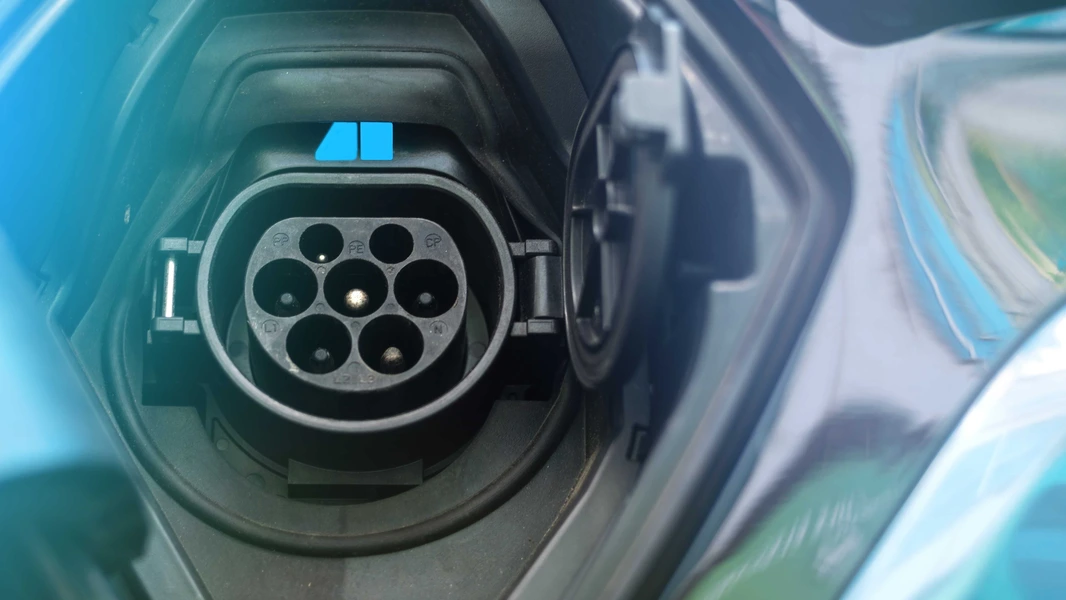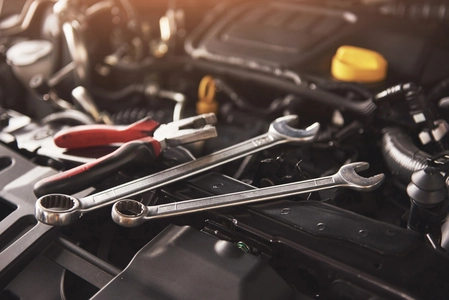Electric vehicles (EV) have gained in popularity in recent years, as more and more people seek out eco-friendly and cost-effective alternatives to traditional gasoline-mpowered vehicles. With this rise in demand, the EPA has introduced new rules to regulate the emissions and efficiency of electric cars. If you're thinking about buying an electric car or just being curious about the new regulations, here's what you need to know.
- What are the new EPA rules? The new EPA rules require that electric cars meet certain standards for emissions and fuel efficiency. Specifically, the EPA has set targets for greenhouse gas emissions, as well as fuel economy ratings for electric vehicles. Under the new rules, electric cars will be required to achieve an average of 200 miles per gallon equivalent (MPGe) by 2025 and 300 MPGe by 2027. These targets are part of President Biden's plan to reduce greenhouse gas emissions and combat climate change. The goal is to reduce the environmental impact of electric cars and ensure that they're as efficient as possible.
- How will the new rules impact electric car owners? If you're already an electric car owner, you may not notice much of a difference under the new rules. However, manufacturers will be required to meet the new standards, which could impact the design and features of new electric cars. Additionally, the new rules could help make electric cars more affordable and accessible, as manufacturers look for ways to meet the standards while keeping costs down.
- What are the benefits of owning an electric car? There are many benefits to owning an electric car, including lower fuel costs, reduced emissions, and a quieter and smoother driving experience. Additionally, electric cars require less maintenance than traditional cars, as they have fewer moving parts and don't require oil changes or other routine maintenance.
- What are the drawbacks of owning an electric car? While electric cars offer many benefits, they also have some drawbacks to consider. One of the biggest is range anxiety, or the fear that your car will run out of battery power before you reach your destination. Additionally, electric cars can be more expensive to purchase upfront, although this cost is often offset by lower fuel and maintenance costs over time.
- What should you consider when buying an electric car? If you're thinking about buying an electric car, there are several factors to consider. These include the range of the car, the availability of charging stations in your area, and the cost of electricity in your area. Additionally, you'll want to research different models and compare features, such as battery life, acceleration, and charging time.
Electric cars are an increasingly popular and eco-friendly alternative to traditional gasoline-powered vehicles. With the new EPA rules in place, electric cars will be held to higher standards for emissions and efficiency, which could help make them more affordable and accessible for everyone. If you're considering buying an electric car, be sure to do your research and weigh the benefits and drawbacks before making a decision.
If you would like more information or to test drive an EV on our lot, give me a call. I would love to help you.
Jim Hinshaw
(901) 828-3978
Homer Skelton CDJR












